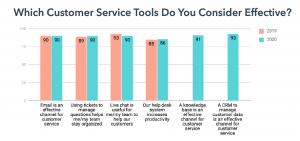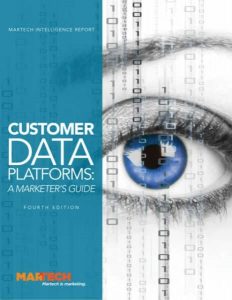A shopper may research several sources and see a number of ads before purchasing online, and retailers struggle to attribute sales accurately to marketing channels. Doing it badly can reward the wrong programs or affiliates. But there are ways to do it well.
When a soccer team scores a goal, which player deserves the credit?
Of course, the easiest answer is the player who kicked the ball past the goalie, but it might not be the most accurate answer. After all, scoring isn’t the only statistic that matters. To find the real MPV, you might have to look back a couple plays to the defender who made an amazing steal before booting the ball upfield, where a midfielder easily tapped it into the goal.
A similar scenario happens every day in the digital marketing world. An online consumer may discover your product through a display ad, research it through an affiliate website, and then perform a Google search before making a purchase.
We know that the real heavy lifter in the soccer game was the defender who secured the ball, but that doesn’t mean the midfielder doesn’t deserve any credit. The same can be said when it comes to the consumer purchase path in the digital world. Each channel — display, search, or affiliate — should be rewarded based on the role it plays in the purchase process. Analyzing how much credit each channel deserves, however, is easier said than done.
The Pitfalls Of Inaccurate Attribution
A 2012 Google study found that consumers consult an average of 10.4 media or traditional sources before buying. Digital marketers used to attribute sales to the first or last click before purchase, but the expansion of online channels has made this methodology obsolete. On top of that, inaccurate systems can cause a lot of damage. Here are three side effects of poor attribution:
1. You’ll give credit where it isn’t due. Rewarding affiliates or other marketing channels that aren’t driving incremental sales leads to inefficiencies. And when you use marketing channels that cannibalize other channels, you may end up rewarding an undeserving channel.
2. You’ll lose good affiliates. Affiliate is one of the few channels that you can choose not to pay in the case of multi-channel attribution, but in many cases, this isn’t smart. If your affiliates see that their efforts aren’t being recognized, they’ll lose momentum and interest. You’ll stop seeing as many new-to-file customers. In essence, you’ll lose the defender who made the amazing play in the first place.
For example, let’s say your e-commerce company earned $ 2 million in annual revenue. Multiple marketing departments may each take credit for the same $ 1 million of sales, but this purported overlap paints an unclear, incomplete picture.
3. Politics will drive your model. Proper attribution is like grade deflation. Every team thinks its channel is best, and often, internal politics set the model in a way that favors those with power. This is why many companies turn to a third party to help make objective decisions.
To avoid these shortcomings, your company needs to start with an internal attribution model. This system should assign proper credit and resources to the marketing channels that work, decide whether to pay affiliates, and determine the most efficient marketing budgets.
Luckily, there are several tools available that cater to different sizes and budgets. For example, Adometry can help a high-end company set up and manage its attribution model, whereas Convertro might suit the needs of a small to medium-sized business a little better. Lastly, Google Analytics Multi-Channel Funnels can provide the data you need to set up the system yourself.
An internal attribution model will give you the data you need to keep your most valuable players on board, rather than just the ones in the spotlight. Every point in the marketing funnel matters, and proper attribution will get you the results your company deserves.
(292)
Report Post





